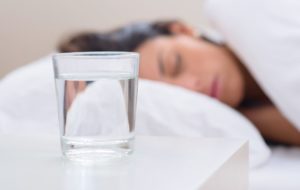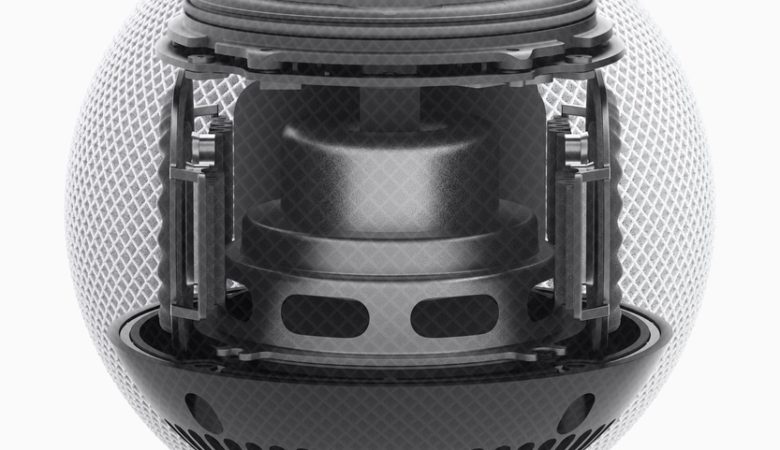It has happened to everyone – you go to bed with a glass of freshly poured tap water by the bed. But in the morning it tastes… just not right. Heavy, “old”, even greasy according to some. The differences in taste are so small and difficult to describe that some people claim that such a thing does not exist at all. Is it true? Let’s seek the help of scientists…

“I know what you’re talking about,” Susan Richardson, a chemist at the University of South Carolina, told Wired. – The interesting thing is that I have been researching drinking water for 26 years and so far no one has asked me this question. Nobody discusses these simple things.
No one has yet published a scientific paper on this topic (at least as far as we know). But Richardson and her colleagues decide to find out why the taste of water spoils overnight. Or at least give us the most likely answers to the question.
The biggest factor, according to Richardson, is indirect and related to temperature. “Like cold and hot beer,” she said. The longer a beer is out of the fridge, the more its sour taste will come to the fore. Tap water comes from pipes underground, where it is generally colder. And most of us drink it with ice.
When the water temperature reaches room temperature, its aroma and bouquet, so to speak, really blooms. “When you chill something really hard, your taste buds stop working properly,” said water sommelier Martin Rees. We often use “taste” colloquially when we mean “smell.” And smell is a function of molecules that tickle the cells in our noses. The warmer the drink, the faster the molecules bounce and, accordingly, the more intrusive the aroma. Reese always tastes water at room temperature. He recommends that we drink water cooled to 15 degrees Celsius.
However, temperature is not the only factor. A certain amount of chemistry is also involved in the situation.
If you have successfully raised fish, you have probably left the tap water to stand for a while to allow the chlorine to evaporate. (Didn’t you? Maybe that’s your failure.) Hydro-power plants add chlorine to kill potentially harmful pathogens. This element is volatile and evaporates quickly in air. “A little chlorine to the water makes it look refreshing,” Richardson said.
Dissolved gases also play a role in taste. When the water is stagnant, small amounts of carbon dioxide dissolve in it. This leads to the formation of carbonic acid, which can lower the pH level (acidity) with one idea. Small amounts of gases, such as acetone, aldehyde, etc., can also be dissolved. “It’s very difficult to keep a sample of water fresh for a long time,” Richardson added. Even 30 minutes is enough to “get dirty”. “In the lab, it literally drives me crazy,” said the researcher, who often has to use only pure water in her research.
Temperature plays a role here again. Cold water generally retains more soluble gases. In addition, some of the oxygen can also disappear from the water over time.
However, if you leave your water for days, microbes will eventually join the equation.
Algae form soil-smelling molecules, such as geosmin. And the human sense of smell is especially sensitive to them. It is geosmin that gives the specific aroma that is carried in the air after heavy rain.
After all – if your water stays overnight, it certainly will not become harmful to drink. It’s just that its taste will change slightly. And you already know why this happens.











